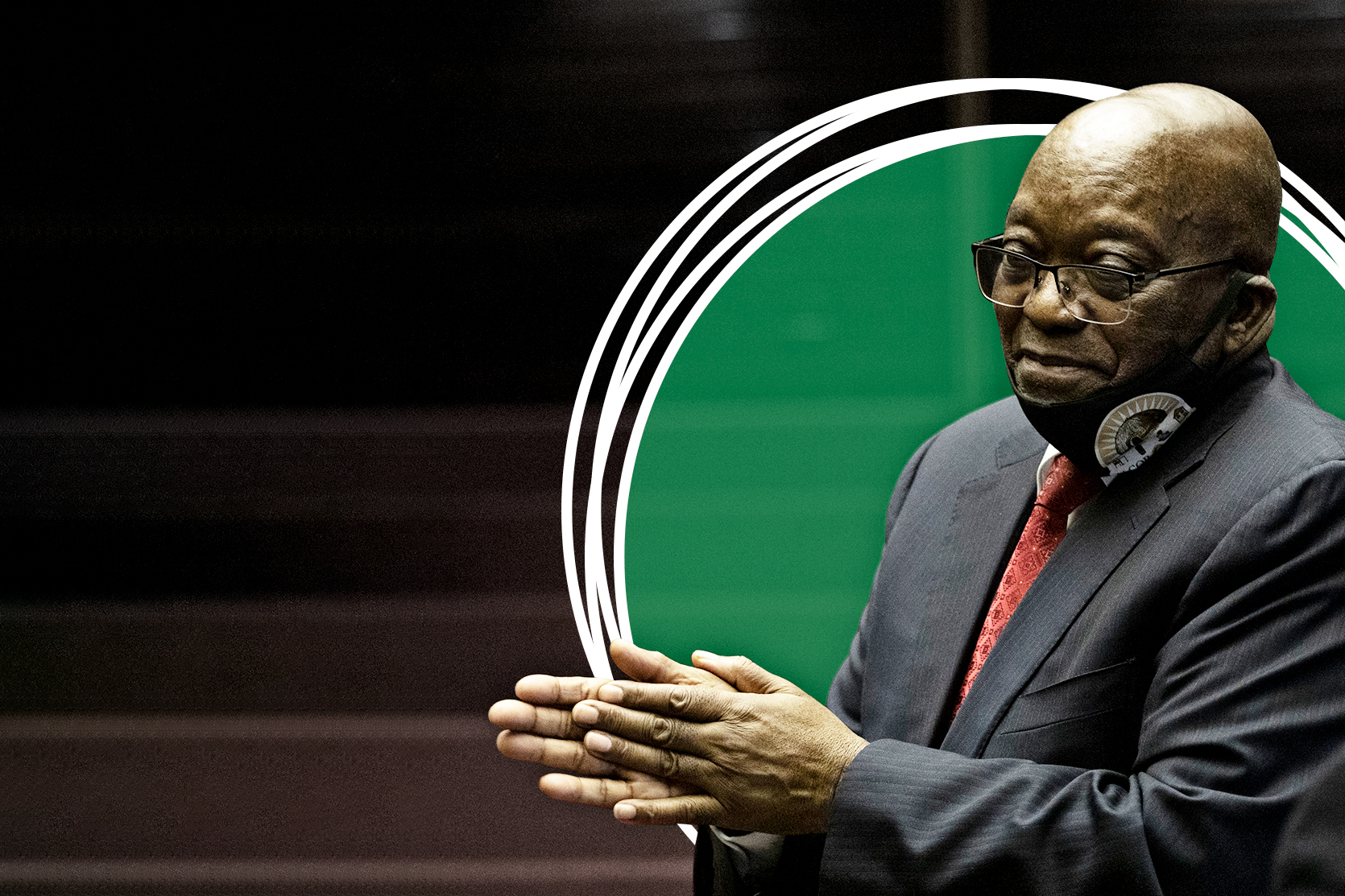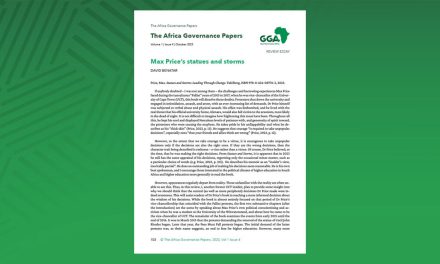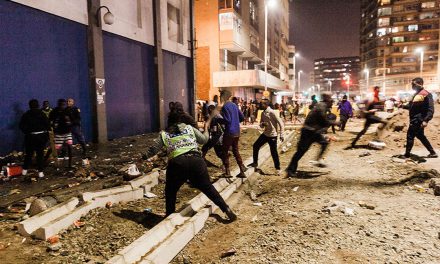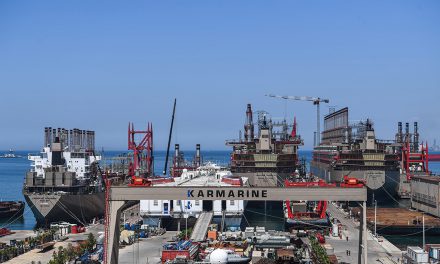
Few issues highlight the dilemma of policy-making more than the choices faced by African governments during the Covid-19 pandemic. For many African countries with large numbers of day workers in the informal sector, the lockdown solution – preventing workers from earning their daily bread – was often worse than the problem it sought to solve.
For others, with large budgets fuelled by loans, the pandemic brought other, more serious, ails.
Take South Africa, for example. When citizens heard the country had secured a R70 billion ($4.3 billion) loan from the international Monetary Fund to support its post-Covid efforts, we were struck by a sense of despair. Why? Because in South Africa, the longer-term pandemic is corruption.
For many African countries with large numbers of day workers in the informal sector, the lockdown solution was often worse than the problem it sought to solve.
The IMF loan is not without checks and balances. But, apart from the burden of debt, citizens have ample reason to be concerned that the funds will find their way into the pockets of corrupt politicians and their business associates.
It is not an overstatement to say South Africans were astounded at the level of corruption during the lockdown. “Stealing from your own people is a crime; stealing during the pandemic is a crime against humanity,” said the Daily Maverick’s editorial in early August.
With reports of corruption involving state tenders in the fight against COVID-19 circulating, President Cyril Ramaphosa set up a ministerial committee to investigate the issue. Ramaphosa has asked for speedy updates and has promised decisive action.
In South Africa, the longer-term pandemic is corruption.
Among the many reported incidents were suspected deals between government officials and businesses providing medical equipment, huge mark-ups on personal protection equipment and the sale of food aid parcels meant for the poor.
Ramaphosa himself described those profiting from the disaster as a pack of hyenas circling wounded prey: “It is difficult to understand the utter lack of conscience that leads a businessperson who has heeded the call to provide lifesaving supplies during a devastating pandemic to inflate the price of a surgical mask by as much as 900%.
“Nor can one explain why a councillor would stockpile emergency food parcels meant for the poor for their own family, or why another councillor would divert water tankers en route to a needy community to their own home.”
Citizens have ample reason to be concerned that the funds will find their way into the pockets of corrupt politicians.
It is impossible to review policy in South Africa without tackling corruption. There is some progress, though slow, in this direction, as JP Landman records in an 18 August article. The country’s Justice Minister Ronald Lamola has already noted that the country will need a permanent, multi-disciplinary structure to combat corruption.
South Africa, with the fifth highest Covid-19 infection rate in the world, has seen its already fragile economy decimated. The inequality gap has widened as the wealthy have been able to weather the storm from their Wifi enabled homes while poorer manual labourers have struggled from hand to mouth.
Covid-19 has laid bare the fault lines in our society: Inequality, fragile health systems, an under-delivering economy, large joblessness and unacceptably high levels of gender-based violence.
“Stealing from your own people is a crime; stealing during the pandemic is a crime against humanity,” – Daily Maverick editorial
As the country prepares to build back after the pandemic, it is important not to leave behind the most vulnerable. There is sufficient evidence that women have been particularly hard hit with the International Labour Organisation predicting that measures to curb Covid would disproportionately affect women workers.
At least two-thirds of the three million South Africans who were estimated to have lost their jobs in the informal sector are reported to be women. That same research, based on the National Income Dynamics Study – Coronavirus Rapid Mobile Survey, showed that women in the informal economy, and particularly those in informal self-employment, recorded large cuts in working hours and earnings during the lockdown.
The country has a long list of policy making priorities. Health Minister Zweli Mkhize has reiterated that the National Health Insurance plan is still on the agenda. Indeed, Dr Nicholas Crisp, a consultant at the Ministry of Health and a key figure in developing the NHI, says that the healthcare public/private partnerships that had been developed to deal with the pandemic have shown that “we can do it”, according to a 28 July report. The government was pushing ahead with its plans to introduce the NHI, the minister said.
Ramaphosa himself described those profiting from the disaster as a pack of hyenas circling wounded prey.
But the government’s record on managing health care in the country isn’t great. As I reported in a previous blog, severe mismanagement has seen the (near) collapse of health care systems in at least one province, the Eastern Cape. Meanwhile, overall spending on health care has declined in real terms over the last few years, according to a Section27 report.
Moreover, “in 2017/18 health departments accounted for 57% of unpaid bills by government. Budget constraints are exacerbated by fruitless, wasteful and irregular expenditure (National Treasury, 2019). In 2017/18, departments of health had some of the poorest audit results (AGSA, 2018)”.
Crisp admits that public health care has seen “inefficiencies” and “deficiencies”. This suggests that the problems are merely occasional, and the system is functioning otherwise.
Covid-19 has laid bare the fault lines in our society.
But corruption and mismanagement are not incidental. They are structural elements of how the county has been run. It has been calculated that corruption over the second term of Jacob Zuma’s presidency cost the country R1.5 trillion. That amount could pay for the country’s public health care budget for seven and eight years, calculated by this year’s allocation.
For all the promises of change and building back better after the crisis calms, the reality is that South Africa’s policy making has been held hostage to declining levels of accountability for more than two decades. The NHI is a noble goal, but we have seen noble goals abused for corrupt purposes before. We cannot more forward effectively until we deal with the issue of corruption.
We’d love to hear from you! Join The Wicked Conversation by leaving your comments below, or send your letter to the editor to richard@gga.org.
Paula Fray is a leading media trainer and coach who works across Africa and the Middle East. The former regional director for Inter Press Service Africa, she is the CEO of the pan-African communications company frayintermedia, which has worked to improve the quality of journalism in Africa since 2005.







